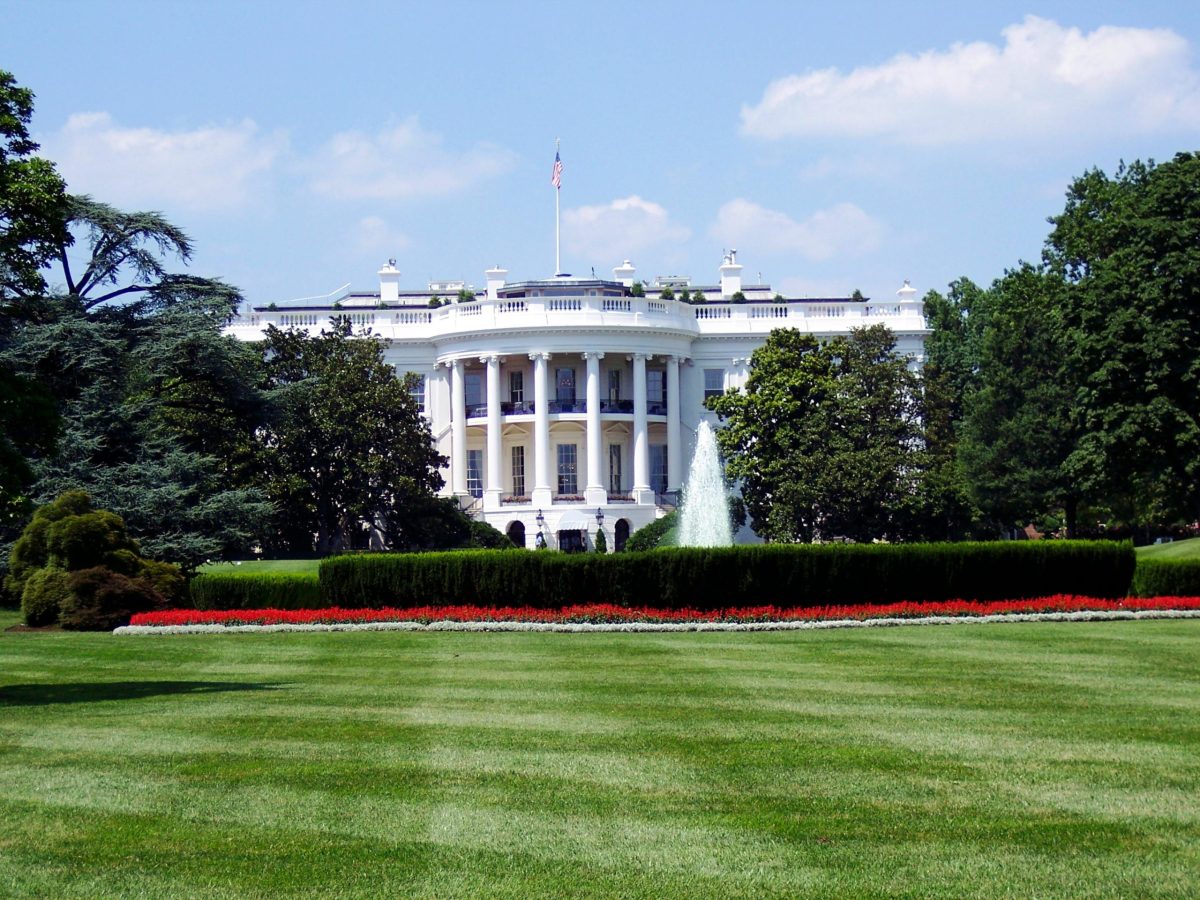How the 2024 Presidential Election Affected the Cryptocurrency Market
The 2024 U.S. Presidential Election proved to be a pivotal event not only in the political landscape but also in the world of cryptocurrency. With candidates holding varying views on digital assets, the election brought the crypto industry to the forefront of national discourse, impacting both investor sentiment and regulatory expectations. In this blog post, we’ll explore how the election season and its aftermath affected the cryptocurrency market, focusing on investor confidence, market volatility, and regulatory outlooks.
Market Volatility and Investor Sentiment
One of the immediate effects of the 2024 presidential election on the cryptocurrency market was heightened volatility. As election day approached, investors were unsure about the potential outcome and how the winner might shape crypto regulations, taxation, and adoption. The market, often influenced by political and economic uncertainty, reacted strongly to election-related news, with significant price fluctuations.
For example, when major political candidates discussed their positions on digital assets, cryptocurrencies like Bitcoin (BTC) and Ethereum (ETH) saw price surges or dips in response. Speculation surrounding the policies of the incoming president had traders rebalancing portfolios in anticipation of what might happen after the election.
Some of the key shifts in sentiment were driven by:
- Speculation on Regulatory Changes: Investors were eager to understand how new regulatory frameworks under the next president could affect the market.
- Tax Policy Fears: The potential for higher taxes on crypto transactions and capital gains generated concerns about market growth.
- Optimism Over Adoption: Conversely, candidates who supported the further integration of blockchain and digital assets into mainstream financial systems spurred optimism.
Impact of the Election on Regulatory Clarity
One of the most significant effects of the 2024 election on the cryptocurrency market was the ongoing conversation about regulatory clarity. While crypto markets had experienced uncertainty for years due to fragmented regulations across states and countries, the election became a key moment for the potential for national-level action.
Both major political parties had candidates with different perspectives on how to approach cryptocurrencies. For example:
- Pro-Crypto Candidates: Candidates who were more supportive of cryptocurrency innovation and decentralized finance (DeFi) were seen as potential advocates for clearer and more favorable regulations. These candidates proposed policies that could help foster industry growth, such as integrating blockchain technology into traditional finance and creating clear legal frameworks for digital assets.
- Regulation-Hawk Candidates: On the other hand, candidates who expressed concerns about the risks of cryptocurrencies—especially regarding consumer protection, money laundering, and tax evasion—hinted at tighter regulations or even restrictions. This caused concerns for investors worried about potential crackdowns on crypto exchanges or blockchain startups.
As the election concluded and the new administration took office, there were discussions about the creation of a federal regulatory body focused specifically on cryptocurrency. However, this is an ongoing issue, and while some regulations were clarified, others remain in a state of flux, leading to continued uncertainty for the market.
Crypto as a Political Issue
Cryptocurrency, once largely ignored by mainstream politics, became a major talking point in the 2024 election. This shift has had two key effects:
- Broader Public Awareness: The attention brought to cryptocurrencies during the election led to an increase in public interest. People became more aware of the potential for digital currencies and blockchain technology to disrupt traditional financial systems, increasing engagement among retail investors.
- Focus on Financial Innovation: Some candidates championed crypto as a tool for financial innovation, arguing that it could promote financial inclusion and decrease dependency on traditional banks. This helped create a narrative around the economic potential of blockchain technology.
On the flip side, others raised concerns about cryptocurrencies contributing to financial instability and fraud, furthering debates about how to best manage and regulate the space.
Institutional Adoption and Corporate Strategies
The 2024 election was also a backdrop for increasing institutional interest in cryptocurrency, which was partially driven by the anticipation of potential regulatory changes. Large financial institutions, such as banks and asset managers, began to view cryptocurrency not only as a speculative asset but as a potential hedge against inflation and an alternative store of value.
Election-related discussions surrounding crypto regulations also influenced corporate strategies. Businesses that were previously cautious about entering the space began to reevaluate their stance, while others that had already made forays into crypto were looking at ways to expand their services. Whether it’s offering crypto custody services, launching blockchain-powered financial products, or using crypto for cross-border payments, the industry saw increasing innovation following the election.
The Role of Crypto in Political Campaigns
Another interesting development in the 2024 election cycle was the use of cryptocurrencies in political campaigns. While not widespread, a number of candidates experimented with accepting donations in Bitcoin, Ethereum, and other cryptocurrencies. This marked a significant moment in the intersection of politics and blockchain technology.
The use of crypto donations raised questions about transparency, campaign finance laws, and the potential for cryptocurrencies to democratize political fundraising. However, it also highlighted concerns over the regulatory gray area surrounding crypto donations and the potential for misuse.
Looking Ahead: The Post-Election Landscape
As the 2024 election season concluded, the crypto market found itself at a crossroads. While the new administration’s stance on cryptocurrency is still developing, the election showcased how critical crypto is becoming to both the global economy and national political discussions.
For investors, 2024 provided valuable lessons about the importance of staying informed about political developments, as well as the risks and opportunities presented by the evolving regulatory landscape. Moving forward, the key focus will be on how the administration navigates its crypto policies, balances innovation with consumer protection, and creates a framework that encourages growth while mitigating risks.
Conclusion
The 2024 U.S. Presidential Election had a profound impact on the cryptocurrency market, creating both uncertainty and opportunity. From market volatility and regulatory uncertainty to increased institutional interest and the growing role of crypto in political campaigns, the election season shaped the future of digital assets in ways that will continue to unfold in the years ahead.
As the crypto industry continues to evolve, one thing is certain: the intersection of politics and technology will remain a critical factor in shaping the trajectory of digital currencies and blockchain innovations for the foreseeable future.





